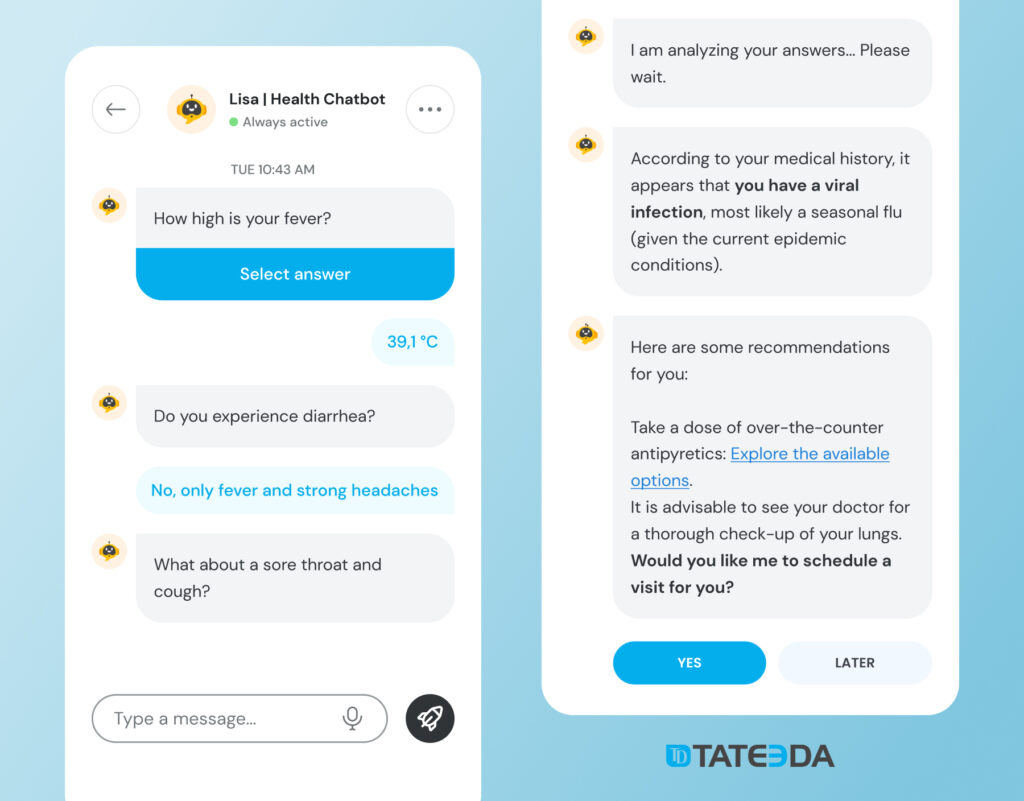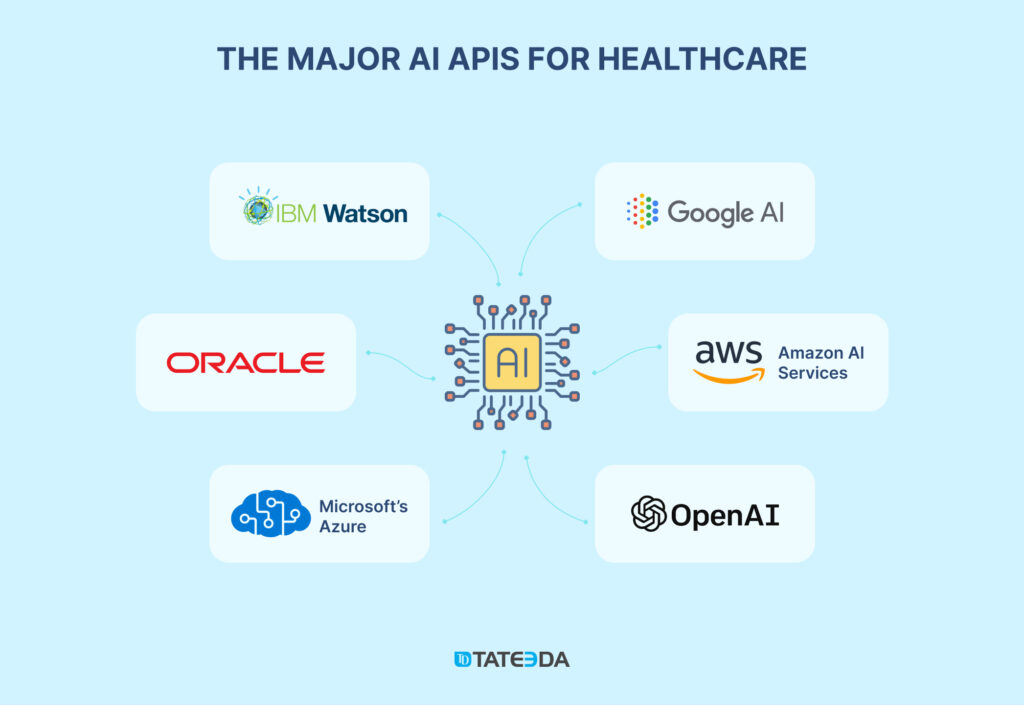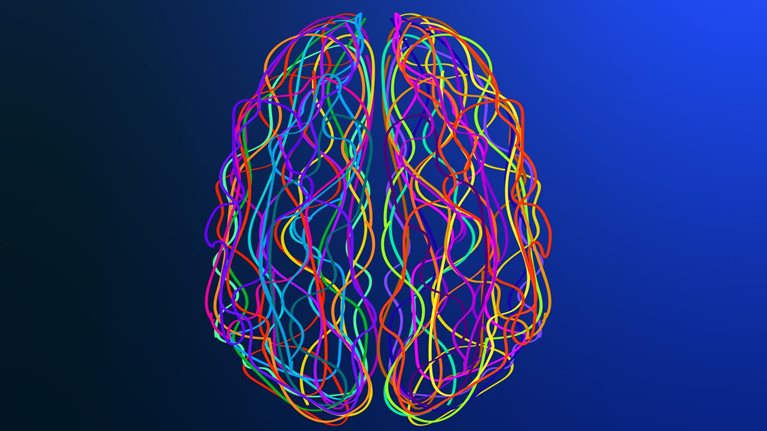The Transformative Impact of Emerging Technologies in Healthcare

The healthcare industry is currently undergoing a significant transformation driven by a range of emerging technologies. These advancements are reshaping how healthcare is delivered, enhancing patient outcomes, and improving operational efficiencies. Below, we explore some of the key technologies that are making a substantial impact.
Artificial Intelligence (AI) and Machine Learning (ML)

AI continues to revolutionize healthcare, offering solutions that enhance diagnosis, treatment planning, and patient management. The applications of AI are expanding rapidly, especially with generative AI, which is expected to democratize access to technology and facilitate personalized healthcare recommendations. AI algorithms are being utilized to analyze patient data, streamline operations, and augment clinical decision-making processes, thus improving the precision of diagnoses and treatment protocols[2][5][10].
For instance, AI-driven tools can help automate administrative tasks, which alleviates the burden on healthcare professionals, enabling them to focus more on complex patient care tasks[9]. The integration of AI in medical imaging has also improved the diagnostic capabilities of radiologists, allowing for faster and more accurate assessments[1][10].
Telehealth and Remote Monitoring

Telehealth has gained traction, particularly accelerated by the COVID-19 pandemic, allowing healthcare providers to extend services beyond physical facilities. This 'telemedicine 2.0' approach incorporates connected devices to monitor patients remotely, facilitating ongoing care and communication between providers and patients[4][7]. Technologies such as wearable devices and remote patient monitoring systems are making healthcare more proactive, especially in managing chronic conditions, thereby enhancing patient engagement and compliance with treatment[4][8][9].
Telehealth platforms are increasingly employing AI to enhance consultation services, such as symptom triage and preliminary diagnostics, which contribute to more informed decision-making for both patients and healthcare providers[11].
3D Printing and Additive Manufacturing

3D printing technology is revolutionizing the production of medical devices and implants. This method enables the creation of customized medical products such as orthopedic implants and surgical tools, tailored specifically to individual patient needs. The growing need for personalized medicine is driving this trend, with predictions of significant growth in the market for 3D-printed medical devices[6][10]. Hospitals are utilizing this technology to streamline inventory management and reduce operational costs, particularly in outpatient settings that prioritize customized solutions[9][10].
Data Integration and Interoperability

The push for improved data integration and interoperability is crucial. As healthcare data proliferates from various sources, the need for systems that can communicate effectively becomes increasingly important. Enhanced interoperability enables healthcare providers to coordinate better and manage patient care seamlessly across different platforms and specialties. This integration not only improves patient outcomes but also supports health research and policy-making through comprehensive data analysis[4][11].
Healthcare leaders recognize that unified data systems are essential for successful care coordination, ultimately leading to more efficient and effective service delivery[9][10]. New technologies are emerging to facilitate the secure exchange of information among systems, which is fundamental in a digitally-driven healthcare landscape.
Sustainability and Decarbonization Efforts

Sustainability is becoming a hallmark of modern healthcare, with organizations implementing eco-friendly practices and focusing on reducing their carbon footprints. This includes not only the operational aspects but also the ethical integration of sustainable practices in decision-making and supply chain management[7][8]. Healthcare entities are now adopting strategies to mitigate climate change effects, recognizing the link between environmental health and patient care.
Healthcare technology firms are increasingly expected to commit to decarbonization goals and exhibit transparency in their environmental impacts, aligning their strategies with growing societal expectations around sustainability[9][10].
Enhanced Patient Engagement through Digital Platforms

Emerging technologies are enhancing patient engagement by creating more personalized experiences. Digital platforms are facilitating better communication and collaboration between patients and healthcare providers. As patients demand more convenience and control over their healthcare experiences, integrated health technology platforms are stepping up to provide streamlined processes for scheduling, billing, and care management[11]. This trend is not only improving the overall patient experience but also reducing inefficiencies within healthcare systems.
Conclusion
The intersection of technology and healthcare is paving the way for a more efficient, personalized, and patient-centric approach to care. AI, telehealth, 3D printing, interoperable systems, and sustainable practices are shaping the industry's future, driving significant improvements in patient outcomes and operational efficiencies. As these technologies continue to evolve, they promise to address some of the most pressing challenges in healthcare today. The commitment to leveraging innovative solutions to enhance patient care and service delivery will be crucial in the rapidly changing landscape of healthcare.
Get more accurate answers with Super Pandi, upload files, personalized discovery feed, save searches and contribute to the PandiPedia.
Let's look at alternatives:
- Modify the query.
- Start a new thread.
- Remove sources (if manually added).